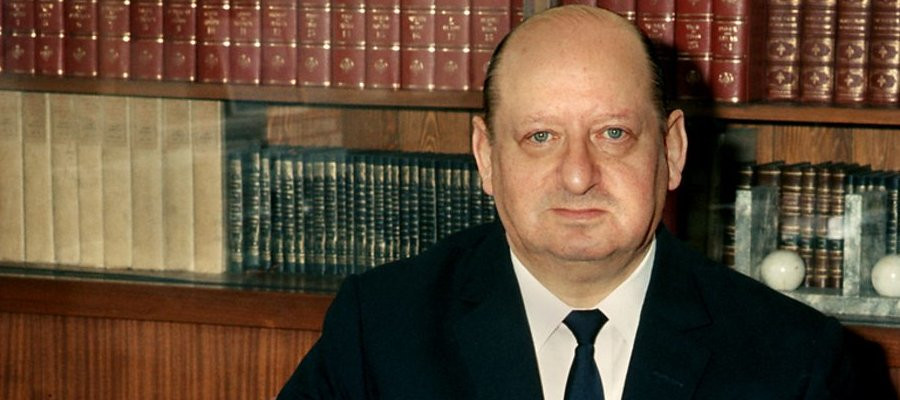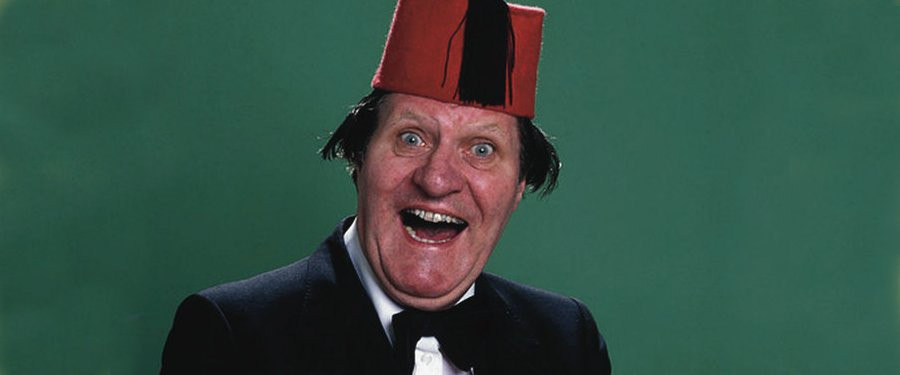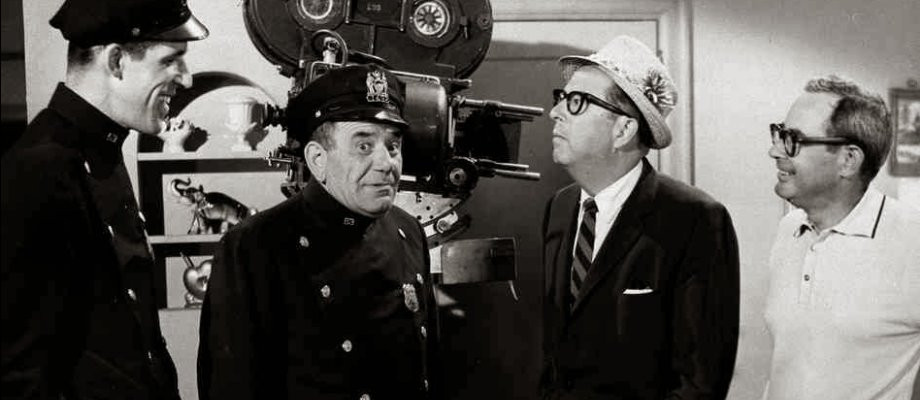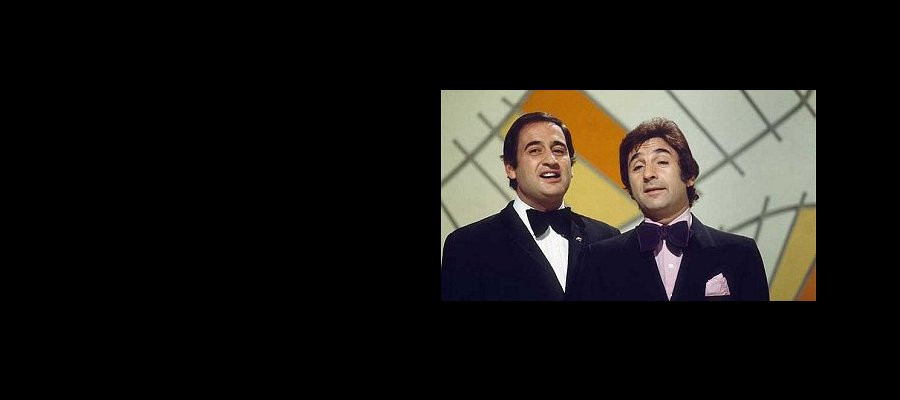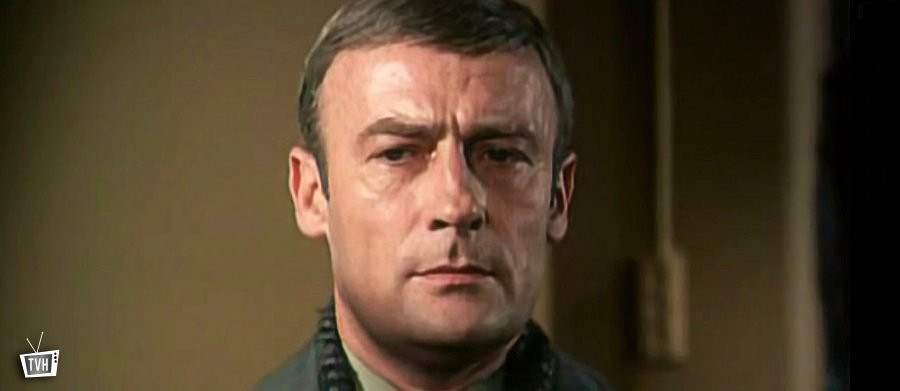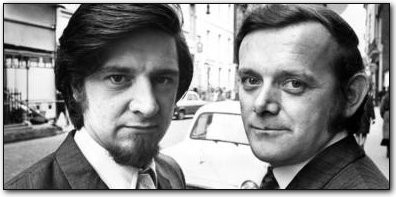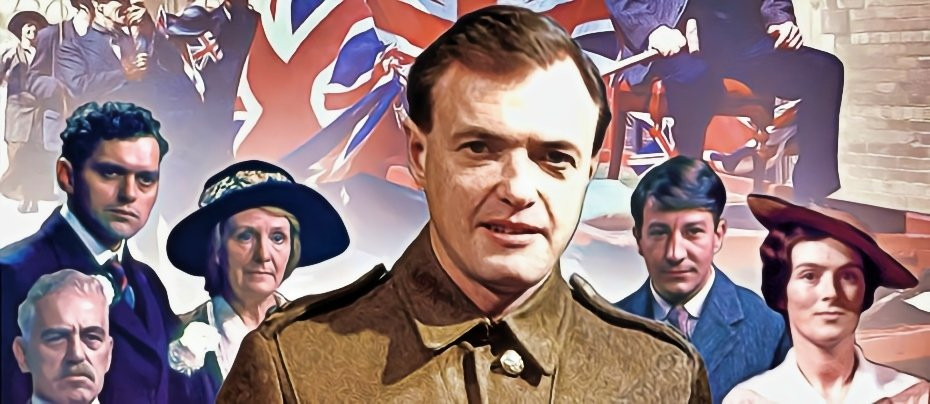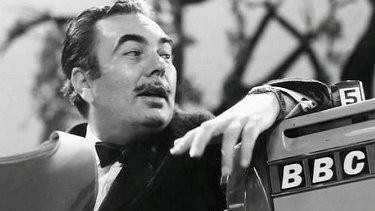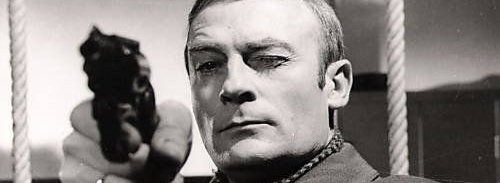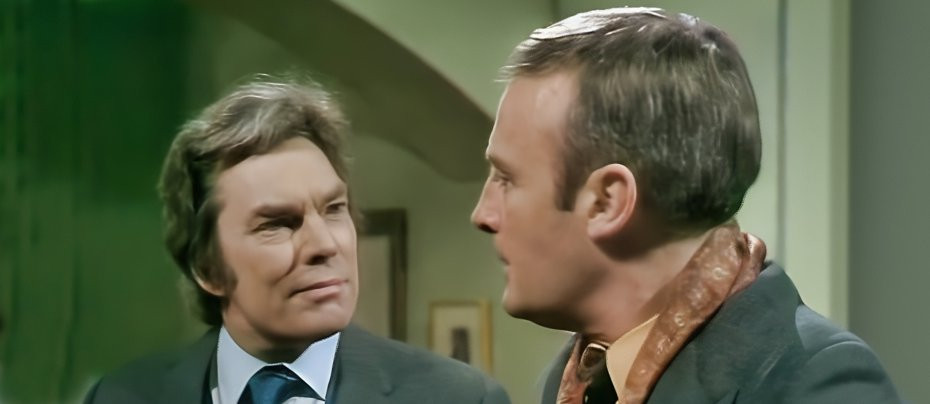
William Squire
William Squire, the Welsh character actor of considerable distinction and originality was an excellent performer who graced the stage, film and television with his remarkable talent and versatility. Best remembered as ‘Hunter’, the ruthless and manipulative head of a government security unit known as The Section in the television series Callan, a role that left an enduring mark on 1970s British television, Squire's contribution made him a memorable figure in the world of the espionage genre. Beyond that, Squire’s stage performances were a tapestry of passion, skill, and artistic commitment, leaving an indelible imprint on the theatrical landscape.
Born on 29 April 1917 on Florence Street in the Melyn in Neath, Glamorgan, Squire was one of eight children born to William and Martha Squire. He attended Central School (later Cwrt Sart Comprehensive school which closed down in 2016), after which he briefly worked in a bell foundry until the age of 17, when he decided to leave Wales to look for work in London. There he joined a dramatic society from where he won an LCC (London County Council) Scholarship to the Royal Academy of Dramatic Art, making his first stage appearance with the Old Vic Company of the immediate post-war years.
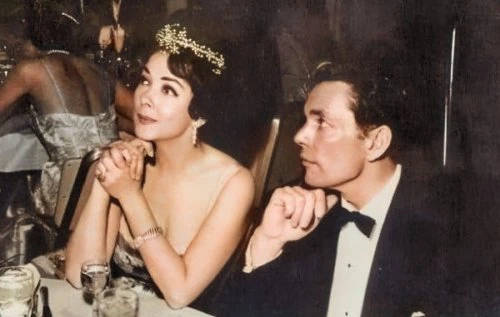
In 1946, Squire joined The New Century Theatre company, appearing in four plays, The Critic, Oedipus Rex, and King Henry IV parts I and II. In 1948, he began his more testing Shakespearean years as a member of the Stratford Upon Avon Company, performing at the Shakespeare Memorial Theatre. There, he played Ulysses and Laertes (to the Hamlets of Paul Scholfield and Robert Helpmann). It was the start of a long association with Shakespeare. His connection to the Bard’s works was evident in his portrayal of Macbeth in the educational films produced by Encyclopaedia Britannica. Additionally, he graced the classic 1960s TV series An Age of Kings with his Shakespearean prowess.
He then made a change by creating a well-regarded Ratty in Toad of Toad Hall, which he played for several seasons. In 1952 he was among the leading supporting players of his time, and appeared in some historic productions, including Murder in the Cathedral at the Old Vic when Robert Donat gave his last performance. At the same theatre, he appeared regularly with fellow Welshman, Richard Burton. Some time later, he was cast in the film Alexander the Great, which starred Burton in the title role.
After a season at Bristol, Squire returned to the Old Vic and took on the role of Vladmir in the original London production of Waiting for Godot. He then returned to Stratford, was with the National Theatre at the Old Vic and divided his time between commercial productions, films and television. His film debut had come in 1951 as a police sergeant in The Long Dark Hall, a mystery starring Rex Harrison as a married man who is accused of murdering a showgirl that he had been seen with. On Monday 16 August 1954, Squire made his television debut, not in an acting role but as one of two actors (the other being Terence Alexander), in a series of programmes about the British theatre, showing something of its life and the character of the buildings and the people who have enriched its heritage. The BBC series Stage by Stage (the first programme titled The Eighteenth-Century Theatre) took its cameras to the Theatre Royal, Bristol, where Hal Burton talked about the theatre and its associations. It was a low-profile introduction for the fledgling medium, but Squire was more at home on the stage at this point in his career and it would be another four years before he appeared on the small screen in any part worthy of note.
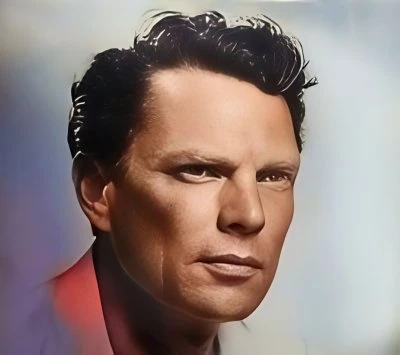
In 1958, Squire appeared in all four episodes of the BBC's adaptation of Pride and Prejudice as Mr Bingley and two years later he appeared, as the Rev. Merddyn Gruffydd, alongside a number of other distinguished Welsh actors in How Green Was My Valley, an 8-episode BBC series adapted from Richard Llewellyn's 1939 novel depicting the life of a Welsh mining family. He briefly returned to Neath in 1960, when a plaque bearing his name was installed in the Neath Little Theatre when he opened the theatre's larger premises (it is still on display today).
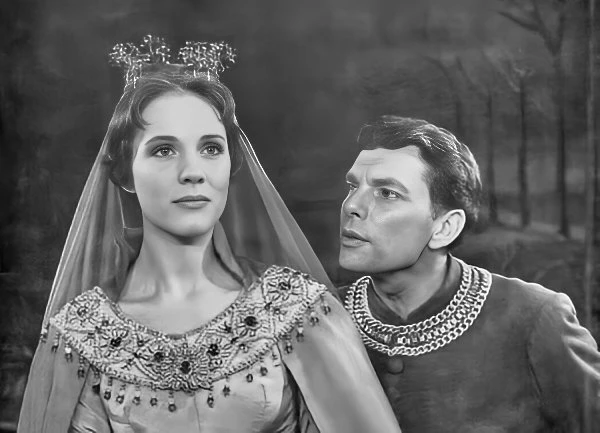
Back on the stage, Squire starred as Merlin in the musical Camelot at the Apollo Victoria before touring with the production to the United States, this time as Arthur – taking over the part in 1961 from Richard Burton. He played the role alongside Julie Andrews until 1963.
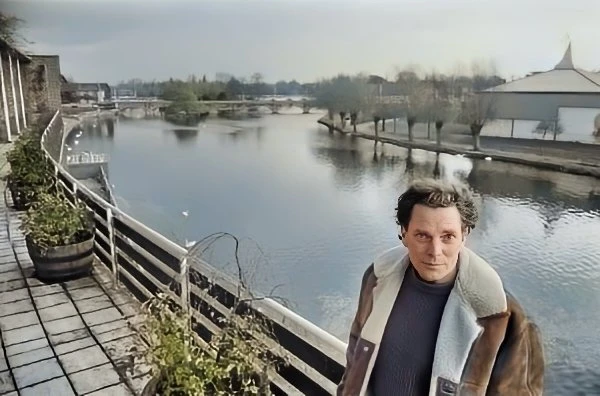
In 1967, Squire embarked on a memorable collaboration with fellow Welshman, George Guest, who served as the Organist and Director of Music at St. John’s College, Cambridge. Together, they created a captivating LP recording titled A Meditation on Christ’s Nativity. The recording featured a blend of readings and carols that captured the essence of the Christmas season. Readings included poignant poems and biblical passages, creating a rich auditory experience. This collaborative recording remains a timeless testament to their artistic synergy. Through their voices and interpretations, they wove together the sacred and the poetic, inviting listeners into a contemplative space.
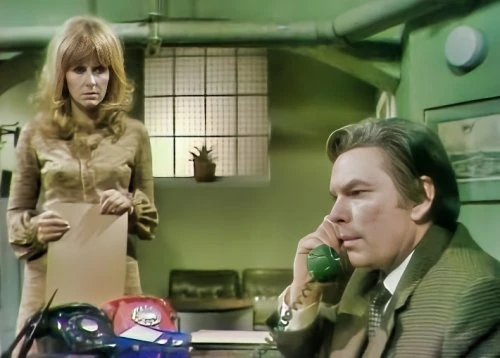
In 1969, Squire appeared as Chaucer in the BBC adaptation of Canterbury Tales. The following year he took over from Derek Bond in his best-known role as the section leader ‘Hunter’ in the spy series Callan. Infusing the character with gravitas and intrigue, his portrayal added depth to the espionage drama, leaving an indelible impression on viewers. He appeared in 19 episodes of the series which ended in 1972 after the writer James Mitchell and the series star Edward Woodward decided they’d taken the character of the hapless government executioner as far as they could. Viewers would have loved more but it was sadly not to be. Although Callan returned for one more adventure, Wet Job, and a feature film, Squire was not cast in either of them and his absence is to both production’s detriment.
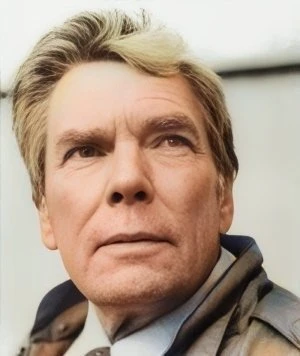
In 1972, Squire appeared as Sir Daniel Brackley in all twelve episodes of The Black Arrow a Southern Television production based on the 1888 novel by Robert Louis Stevenson. His varied screen roles included Thomas More in the 1969 film version of Maxwell Anderson's play Anne of the Thousand Days, the voice of Gandalf in the 1978 animated version of The Lord of the Rings, the Shadow in the 1979 Doctor Who serial The Armageddon Factor, Captain Cat in Under Milk Wood, and the art master in The Prime of Miss Jean Brodie. His last role was in a 1988 episode of Rumpole of the Bailey.
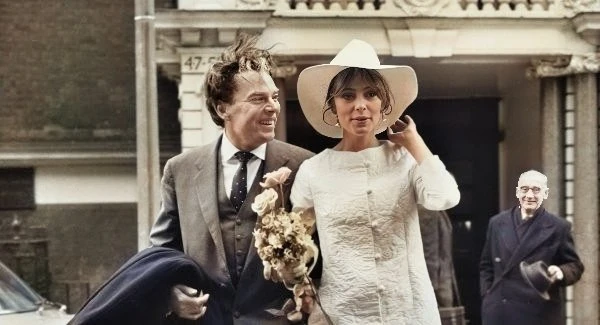
Squire died in London of unnamed causes on 3 May 1989, four days after his 72nd birthday. He was married twice. First to Elizabeth Dixon and then to actress Juliet Harmer (Adam Adamant Lives!).
William Squire’s legacy endures, and there is a park bench on Hampstead Heath dedicated to his memory. A solid actor of consummate skills, Squire always delivered compelling and commanding performances, adding authority to every production, and every production that he appeared in was far better off for his presence.
Published on April 10th, 2024. Written by Marc Saul for Television Heaven.


